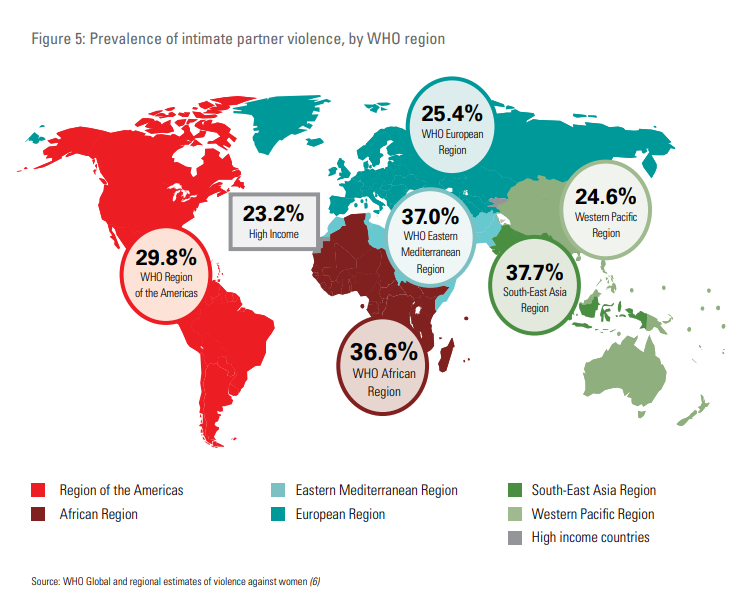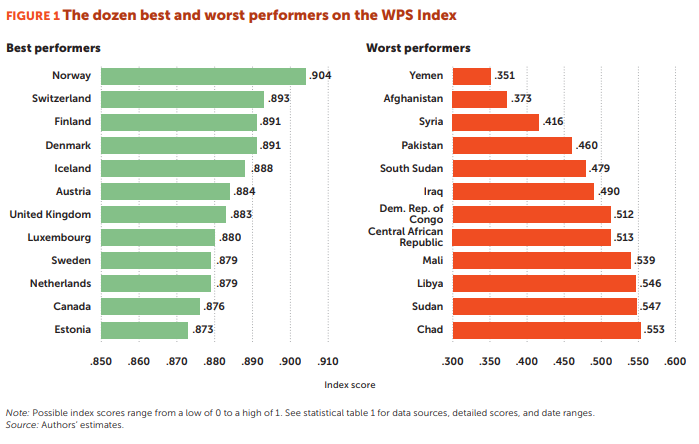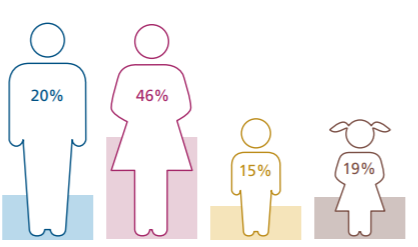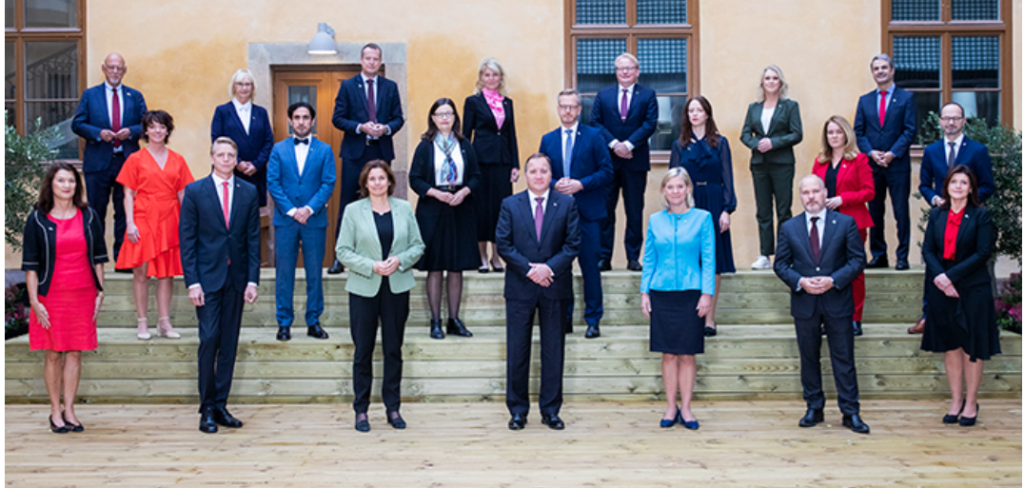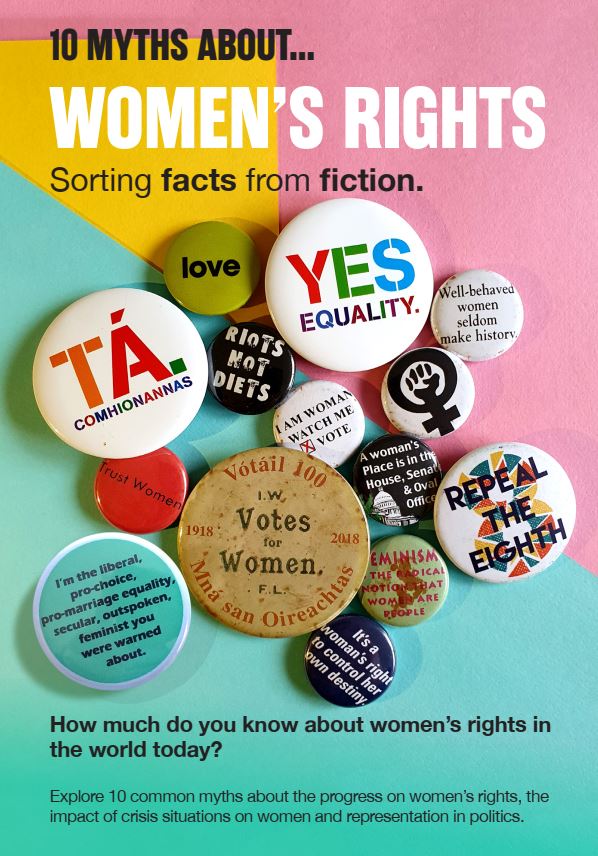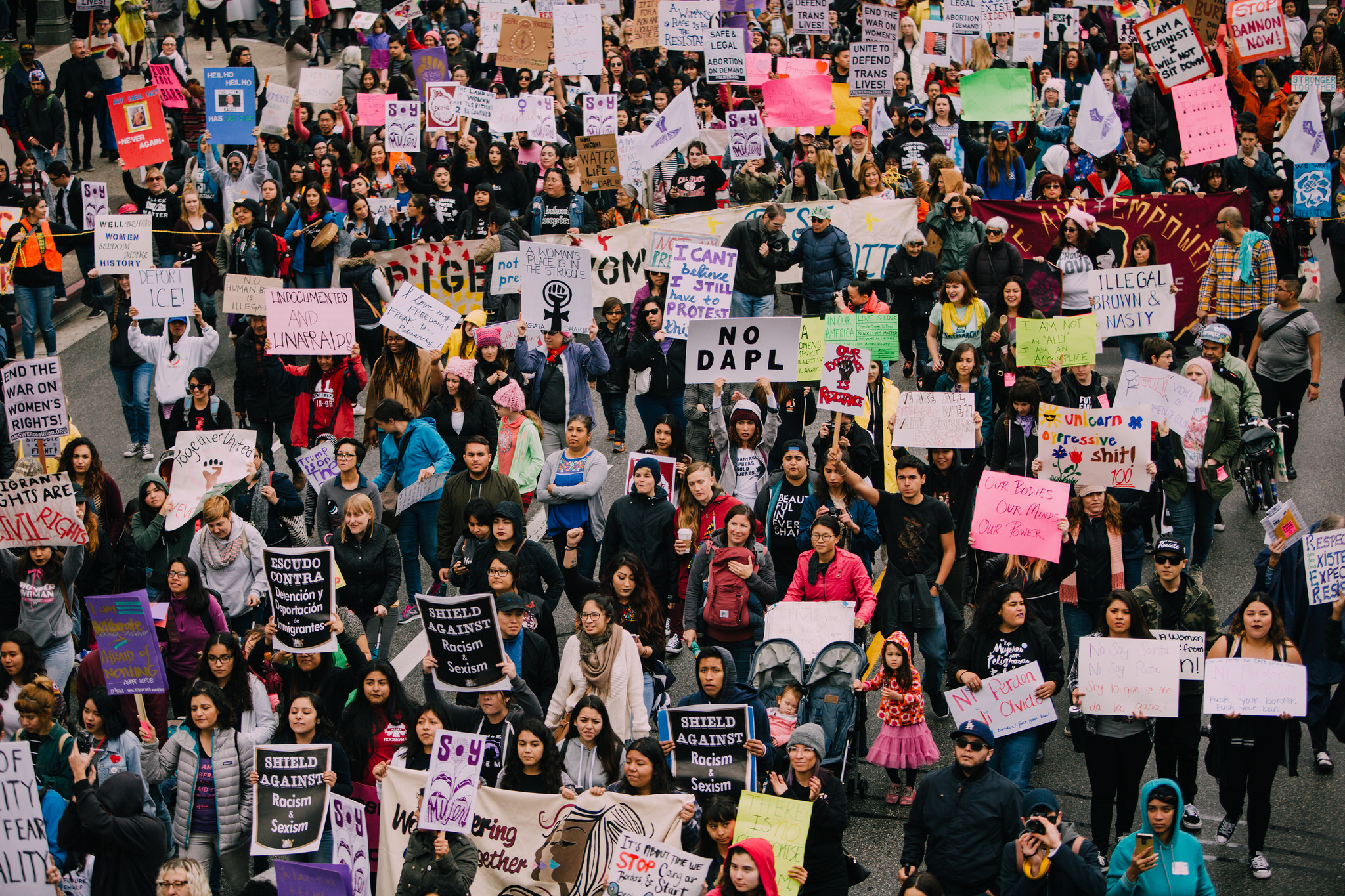
Toni Pyke surveys the landscape on progress, setbacks, inequalities made worse by the COVID-19 pandemic and suggests 10 things you can do on International Women’s Day.
Today March 8, we mark International Women’s Day – for the 110th time.
While the annual International Women’s Day (IWD) has been included in the UN calendar since 1975, IWD history goes back more than a century (see IWD and BBC). In 1908 some 15,000 women took to the streets of NY city to demand shorter working hours, better pay and the right to vote. This gave rise to a National Women’s Day in the US in 1909. In 1910, German theorist, feminist and activist Klara Zetkin promoted the idea of an International Women’s Day at the International Conference of Working Women in Copenhagen. The idea caught on, and here we are 110 years later.
Since then much has been gained. The recent inauguration of Kamala Harris as the first female, first black and first Asian-American US vice president is testament to this, and to the decades – and centuries – of the voices, sacrifices and struggles of the many women of the past.
The Women, Business and the Law report 2021 which measures laws and regulations in 190 economies that affect women’s economic opportunities, finds that in 10 economies score 100 on the Index. The report, led by The World Bank, also finds that
on average, women have just three-quarters of the legal rights afforded to men”.
Yet, at the same time there is still a long way to go. Women and girls are half of the world’s population. And yet, are “half the world away”, to quote rock band Oasis.
Globally, no country treats its women as full equals, in all spheres of life, as compared to its men. While on paper, women may appear equal, the reality is much different. In fact, we’re not likely to see gender parity for at least another century, according to the World Economic Forum.
Women’s pervasive experiences of violence across the globe, are a stark reminder of the struggle that remains.
‘Pre-Covid’ the statistics were clear: 1 in 3 women (35%) worldwide experienced physical and/or sexual violence in their lives, primarily by and ‘intimate partner’. A startling read is the Femicide Census report, a 10-year report which tracks “men’s fatal violence against women in the UK 2009 – 2018”, which reports that over the 10-year period, 1 woman was killed every 4 days.
After a brief scan of various media and factsheets, the picture is vivid and widespread:
- “Two female teenagers in Pakistan have been murdered by family members after a video emerged online of them associating with a man” (The Guardian 2020)
- “Honour killings are common in some cities in Iran. About 20 percent of all murders and 50 percent of family murders in East Azerbaijan province are related to sexual and honour issues” (The Lancet 2020)
- 4,000 women and men killed in Pakistan in the name of honour between 1998 and 2003 – women double that of men (Refworld.org)
- Women and girls accounted for 71 per cent of modern slavery victims (International Labour Organisation)
- Globally, as many as 38% of murders of women are committed by a male intimate partner (World Health Organization)
- Among Fortune 500 corporations only 7.4%, or 37 CEOs were women; just 18% of enterprises surveyed had a female CEO (The World’s Women 2020:Trends and Statistics)
And now, here are three graphics to illustrate some of these realities.
1. Prevalence of intimate partner violence, by region
The Shadow Pandemic
The COVID-19 pandemic has challenged past progress and heightened these statistics. It has intensified the pre-existing inequalities across various sectors of society. The last 12 months has dramatically exposed the vulnerability of the years of progress in the global struggle towards realising gender equality. The United Nations reported in its policy briefing on the impact of COVID-19 on women, for example:
…the spread of the COVID-19 pandemic even the limited gains made in the past decades are at risk of being rolled back. The pandemic is deepening pre-existing inequalities, exposing vulnerabilities in social, political and economic systems which are in turn amplifying the impacts of the pandemic. Across every sphere, from health to the economy, security to social protection, the impacts of COVID-19 are exacerbated for women and girls simply by virtue of their sex”
There are countless experiences across all sectors of society that testify to this reality: in academic research, the workplace, homeworking, health (see the UN Policy Brief) etc. Critically, the pandemic and in particular the restrictive measures placed on societies to combat the spread of the virus, has increased violence against women. The global impact has been so daunting that the UN has labelled it the ‘shadow pandemic’ – and “There’s no vaccine for violence within the home” (Skynews.com).
Over the last 12 months, an estimated 23 million women have experienced sexual and/or physical violence by an intimate partner. Given the global restrictions, many of these women were trapped in their home with their abuser. In France, for example, within a week of lockdown, there was a 32% surge in reports of domestic violence. These reports were similar across countries.
Ireland saw a five-fold increase in domestic violence – with increases in the number of calls to Women’s Aid helpline; Gardaí reported a 25% increase in domestic violence calls during first lockdown as compared to previous year. Reports of violence were up 8.1% in the United States after lockdown restrictions. In the UK, calls to one national abuse helpline rose by 49%, the number of arrests also increased by 24%.
It is for these reasons, and more, that demonstrate the need to continue the struggle for equality. IWD is a reminder for us to be aware of and challenge inequality. This year, the theme for IWD focuses on ‘challenge’ for ‘change’ – and in a world of ‘hashtags’ this means: #ChooseToChallenge #IWD2021.
The 2021 IWD campaign is promoting ‘raising your hand’ to challenge and to take action against inequality; to call out gender bias and to celebrate women’s achievements across the world.
Learn more - 10 steps you can take.
1. The IWD website is packed with ideas to commemorate this day and to show global solidarity. Start with the #ChooseToChallenge rap.
2. Spot the difference.
Compared to…
3. Watch: Chimamanda Ngozi Adiche’s TED Talk: We Should All Be Feminists
4. Is progress on women’s rights sufficient? Who really benefits from feminism, and what are the realities of women’s health and the impact of COVID-19?
Take the quiz and test your knowledge.
Next, check out 10 Myth About Women’s Rights by Toni Pyke and Colm Regan that the quiz is based on.
5. Listen to the inspiring poetry of Maya Angelou – And Still I Rise.
6. Check out the library of some amazing videos on ‘women of the world’ by Independent Television Service (ITVS).
7. Learn how men can also be feminists through the story of India’s ‘Pad Man’, Arunachalam Muruganantham
8. Hear Sojourner Truth’s “Ain’t I a Woman” speech read by Kerry Washington
9. Explore feminist voices. On the 25th anniversary of the most progressive agenda to advance women’s rights across the world, Ciara Regan introduces the Beijing Platform for action, summarises progress to date and suggests 5 activities for classroom use.
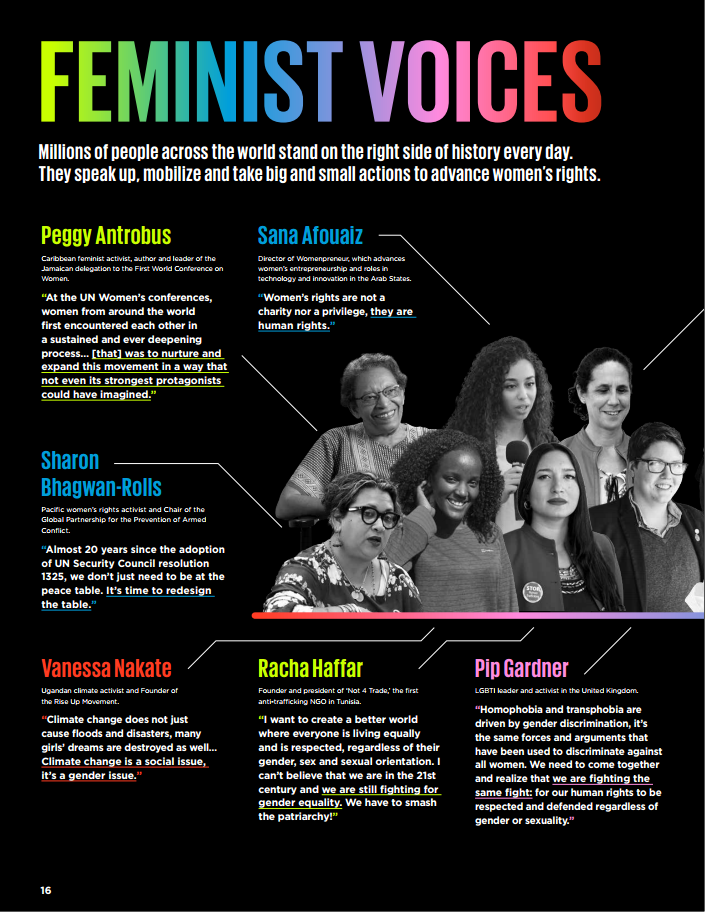
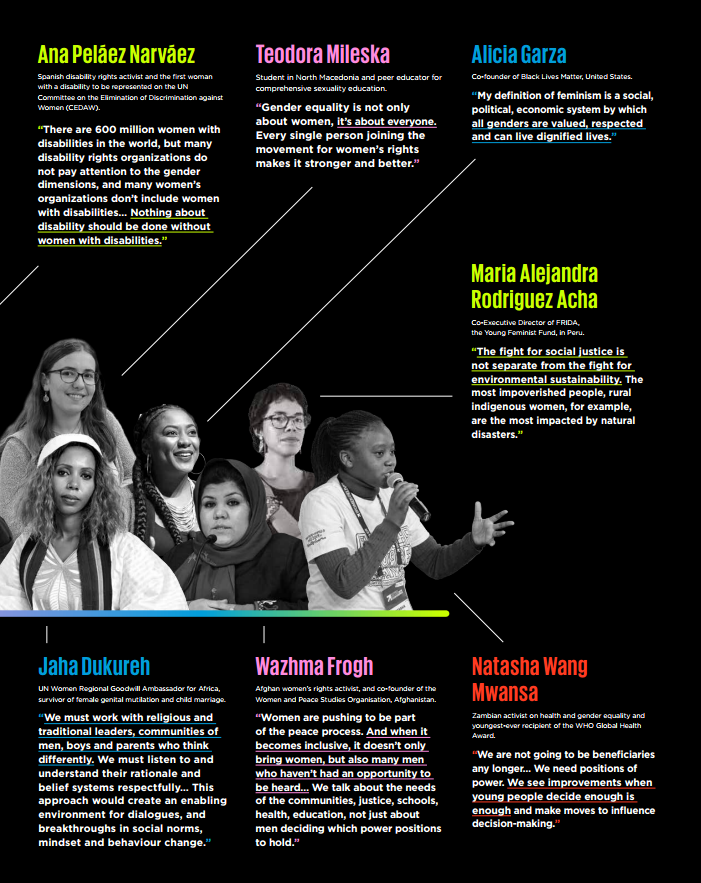
10. Check out the women and development section on developmenteducation.ie to deep-dive on the issues
Explore more on developmenteducation.ie

From Nicaragua to Ireland: Fairtrade Coffee and Global Solidarity
Fátima Ismael of Soppexcca, Cathal Murphy from Bewley’s and Fairtrade practitioner Kieran Durnien discuss 20 years of Fairtrade coffee solidarity linking Nicaragua and Ireland.
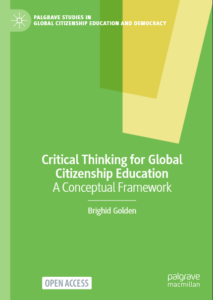
Critical Thinking for Global Citizenship Education
Join Brighid Golden for the launch of her latest book, ‘Critical Thinking for Global Citizenship Education: A Conceptual Framework’
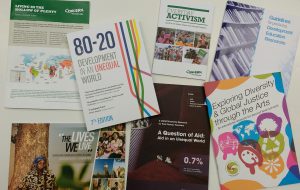
Your voice matters – 2026 user survey open
It’s January, its 2026, and we want to hear what you’d like us to feature or work on in 2026.

Calling Post Primary Teachers – Survey Participation Request
Your voice is vital in shaping the future of education for sustainable development in Ireland. Join a national survey for post primary teachers in October, led by DCU researcher Valerie Lewis

Webinar: Science for development on World Food Day
The webinar will feature YSTE projects, from Santa Sabina Dominican College (Dublin), Moate Community School (Westmeath) and CBS Thurles that focussed on nutrition and better food production, with Self Help Africa’s nutrition and gender specialist in Ethiopia, Sara Demissew.
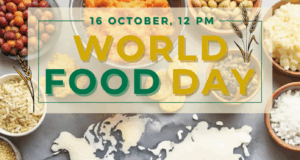
Student & teacher webinar: Food, hunger and SDG 2
Join the World Food Day webinar for post primary school students and teachers which will explore SDG 2: Zero Hunger.

